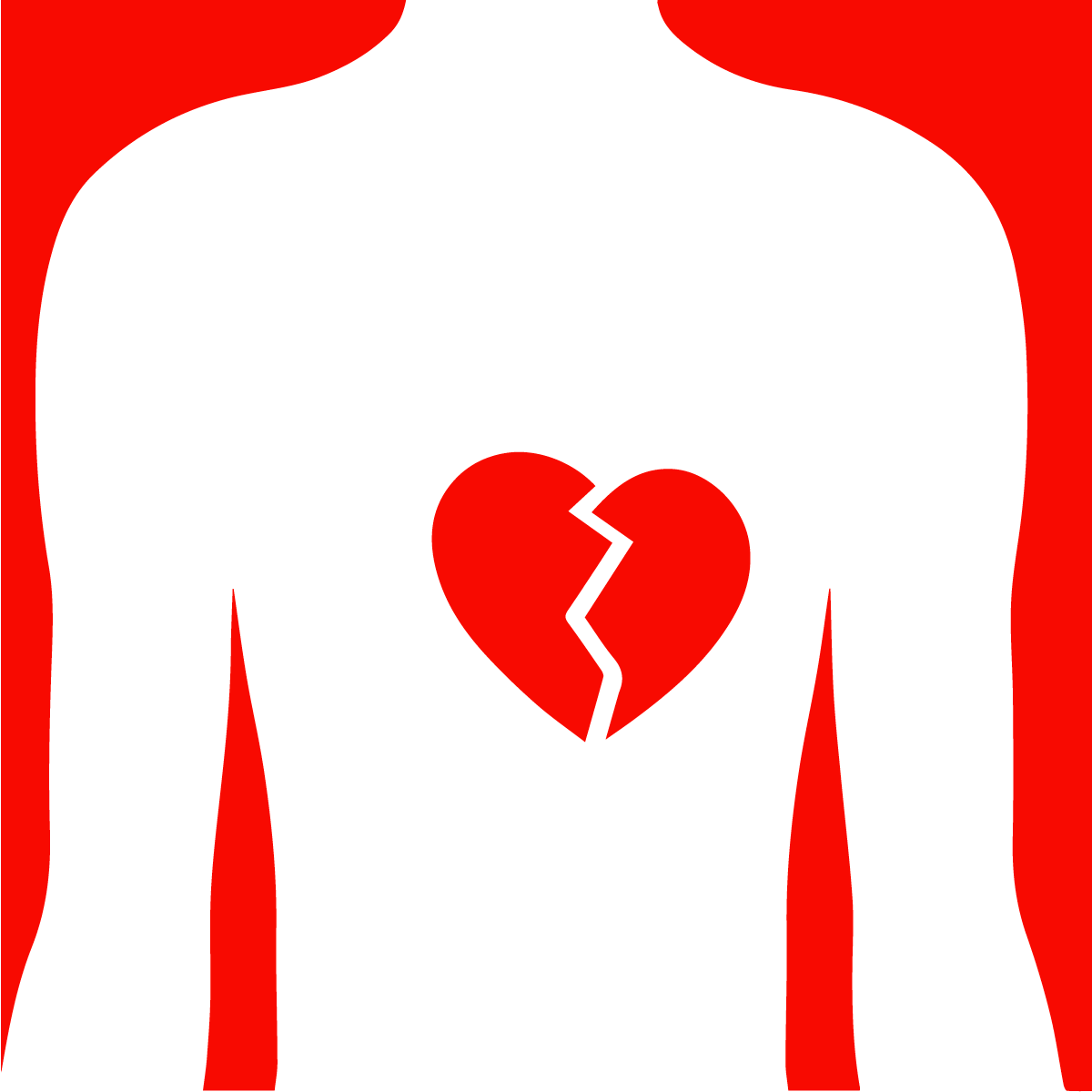A l’occasion du premier colloque scientifique pluridisciplinaire annuel sur l’insuffisance cardiaque, 5 acteurs belges de la santé – le Belgian Working Group on Heart Failure and Cardiac Function (BWGHFandCF), la Ligue Cardiologique Belge, l’Association des infirmières spécialisées dans l’insuffisance cardiaque, la Société Belge de Cardiologie et l’Association des patients insuffisants cardiaques – , signent conjointement une charte et prennent l’engagement de tout mettre en œuvre afin de continuer à améliorer le dépistage, le diagnostic, le traitement et l’accompagnement des patients souffrant d’insuffisance cardiaque.
L’insuffisance cardiaque est une pathologie chronique évolutive qui touche plus de 200 000 Belges . 15.000 nouveaux cas sont détectés chaque année , soit près d’une quarantaine de cas par jour, et 1 personne sur 5 est affectée au-delà de 65 ans. L’insuffisance cardiaque hypothèque lourdement la qualité de vie des patients, dont la plupart ne guérissent jamais complètement, et a un impact économique majeur sur le coût des soins de santé.
A quand le remboursement du BNP ? [ téléchargez le pdf ]
[/toggle]
Tonio Borg is the EU commissioner for health. He spoke to EurActiv’s Henriette Jacobsen and Evan Lamos at the launch of the Cardiovascular Health Week, an initiative by the MEP Heart Group.
Why were you here tonight and what was the evening about?
This evening was about awareness about a healthy heart, considering that cardiovascular disease is still the number one cause of deaths within the EU, but basically also because we are not a EU on this matter.
There are too many divergences, too many inequalities in the statistics, in the percentages and in the prevention as well. On average, EU member states only spend 3% on prevention. We have to improve that figure. This remains the responsibility of the member states, but the Commission has a role to play in encouraging member states to use more money on prevention and also in coordinating the strategies of the different member states on the question of cardiovascular disease. Why? Because cardiovascular diseases are preventable so we can reduce the numbers. The numbers have already been reduced but more has to be done. I welcome this because this is a challenge, not only within the Commission, but also for the member states.
What is the best role for the EU in order to make progress in this area?
We have taken a lot of steps through joint actions, but also through financing programs in the member states. But I think it should occupy a more important position on the political agenda.
So I have announced today that in Spring next year, we will be organising a summit in Brussels so that we get the governments, the NGOs, the stakeholders, the academic world together to focus on chronic diseases in general, but cardiovascular diseases are the most common cause of deaths so that will occupy an important position in the summit. Not just to organise another summit and then everybody will forget what we have discussed, but to come out with recommendations and to see which actions can have a valued-added measure through EU intervention. We don’t want to intervene just for the fun of intervening.
In health, there is a strong dimension of solidarity, but we want to intervene where the EU can make a difference. We feel that in certain areas it can make a difference, so let’s discuss those actions, those measures which we can take with the member states where the EU can really make a difference.
From a citizen’s perspective, what do you think is the key challenge?
We can’t fight cardiovascular diseases only with the academic dimensions or only with members of the academic world or the stakeholders only. We need the support of the citizens themselves. Only with the participation of citizens, would we be able to fight cardiovascular disesases effectively which is why also NGOs and the representatives of patients will be invited to the summit as well.
The number of obese children in Greece has increased during the financial crisis. Therefore the crisis must be putting more of us at risk of getting cardiovascular disease. Do you have an advice for those member states that have been hit particularly hard by the crisis?
Child obesity is not a problem of any particular country. I was in Ireland during the Irish Presidency where we discussed in particular child obesity. It is not also a direct result of the financial crisis. There are countries which are affluent, which have no financial problems, but the problem of obesity is great.
Of course there are different courses of obesity so we have to fight the obesity itself and its various causes and mostly because there are tendencies in the EU, but it is on the rise and it’s causing a rise in diabetes figures in the age at which diabetes is contracted. These are the real problems of obesity: That you are creating problems for the future and not for the distant future, for the immediate future as well. So yes, there is an action plan on this matter regarding nutrition, there’s not one single magic formular to solve the question, but there are different measures that can be taken which we have discussed in this working group and action plan on obesity.
It’s high on our agenda, not only verbally by saying it here in this interview, but in actual concrete action which has already been taken. We can’t force member states to do what they should do, but we encourage them to do what it’s possible for them to do in coordination with the European Commission.
Could you imagine in the future having a common EU strategy on cardiovascular health?
Now we are fighting chronic diseases by focusing on the factors rather than having a strategy for each chronic disease. the only chronic disease where we have a specific strategy is cancer. We are discussing whether we should create one on diabetes for example, but I cannot say that we are going to do it.
Until now, the general strategy has been to fight the risk factors in general and not a specific disease, but I do not exclude that if the current trends continue, we could have a strategy just for cardiovascular disease.
[/toggle]Obesity is a lifestyle disease that is becoming one of the greatest public health challenges of the 21th century. Unless we make significant changes to both our diet and lifestyle, obesity will continue to rise in Europe. The solution to this problem must include the three following elements: Eat well, drink well, and move. Europe could play a key leadership role in this battle against societal chronic diseases. The objective of this full day meeting was to discuss simple and pragmatic recommendations based on scientific evidence which could be translated to all European citizens.
The launch of the European Alliance for Lifestyle Changes concluded this successful conference. The objective of the Alliance is to favour the interaction between scientists and politicians, relevant stakeholders and NGOs in the European Union.
For more information about the conference, please consult the PDF version of the conference report[/toggle]




